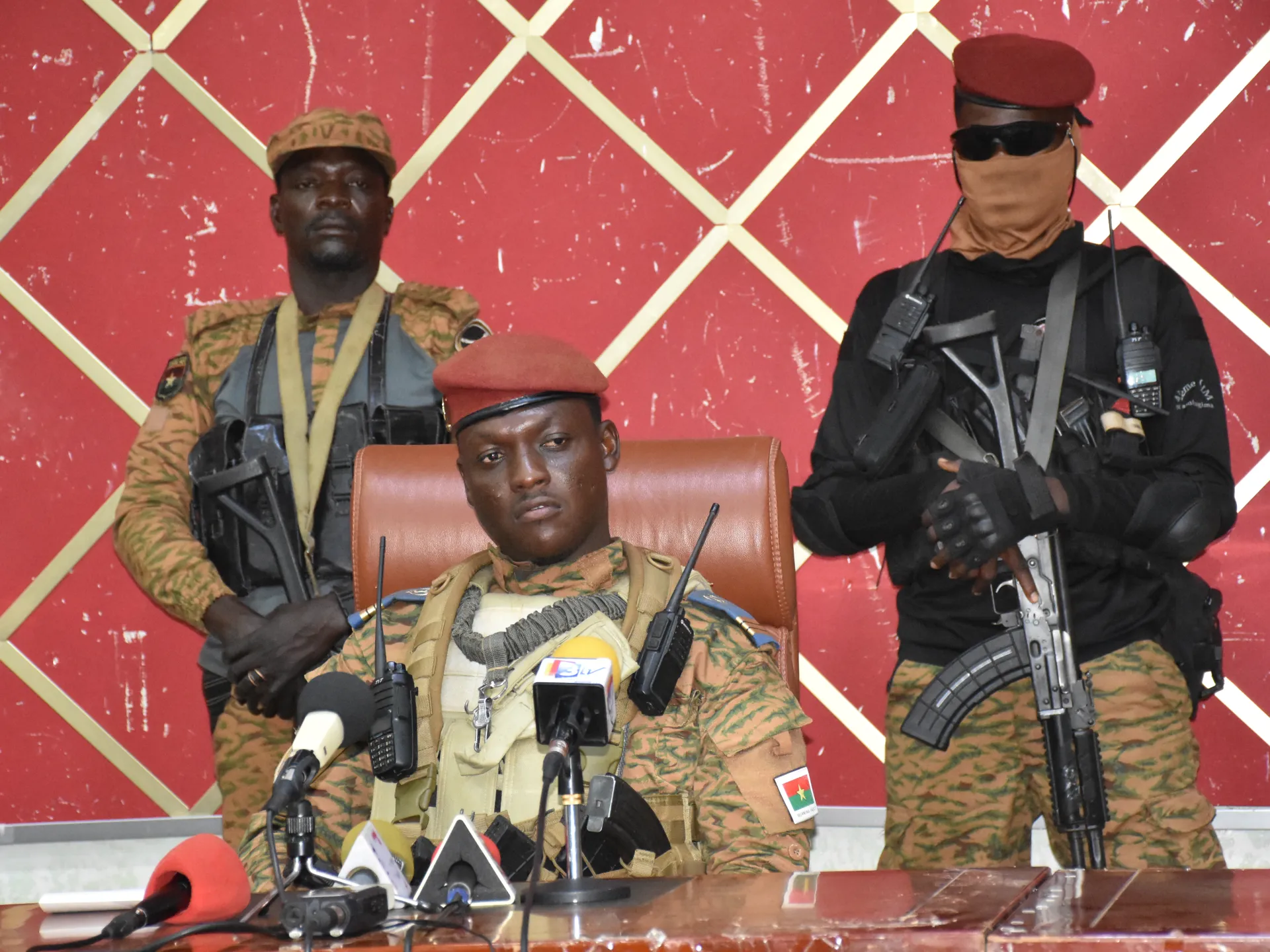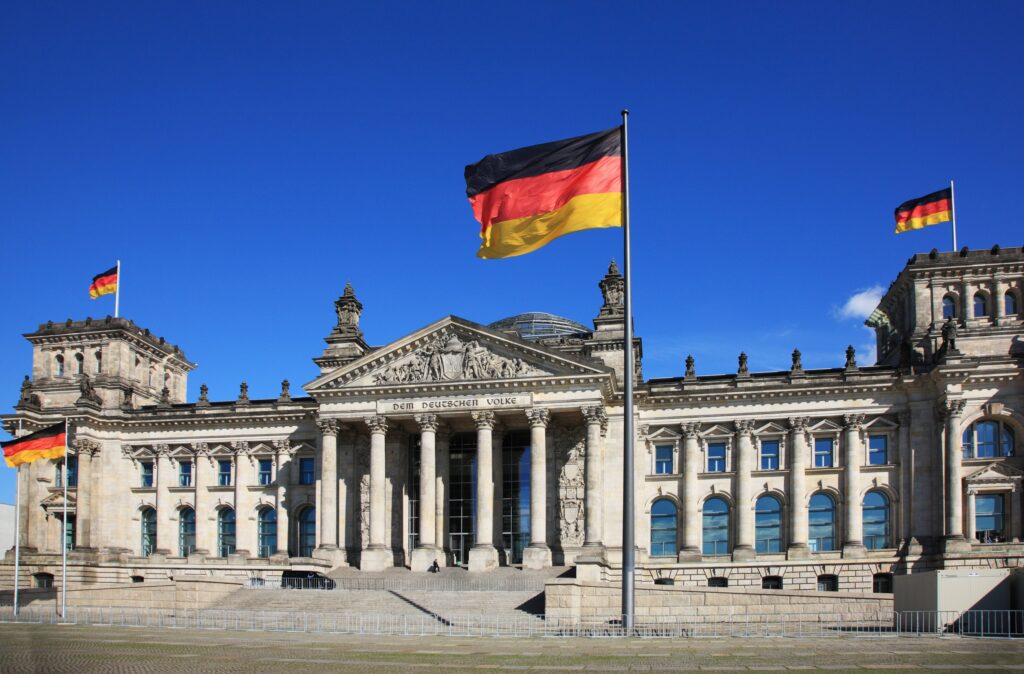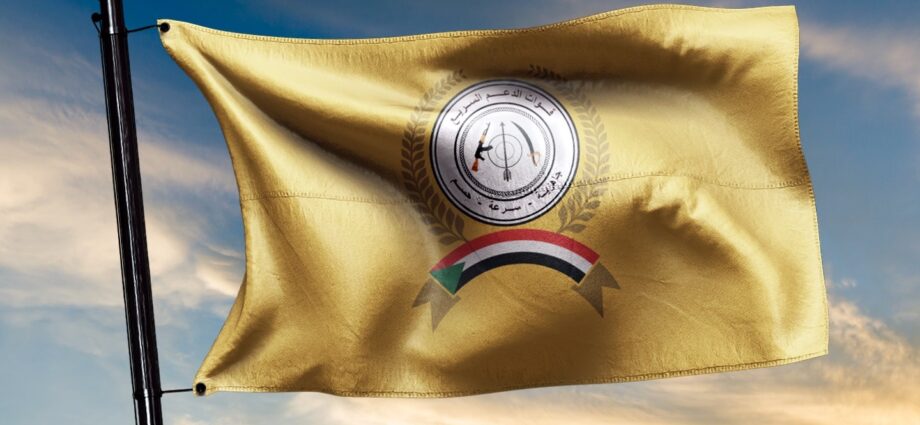
One week after an attempted coup in Burkina Faso, the situation in the capital, Ouagadougou, remains tense, particularly within the armed forces. Local media reports indicate that a crucial meeting scheduled on April 22 at the general staff headquarters, which was to include several army officers, was postponed and later cancelled as the invited officers failed to attend.
An influx of people was seen heading toward the Mogho Naaba palace, a symbol of traditional authority in the country. Among them were military personnel and families of missing civilians, signaling growing tensions within the West African nation.
On April 24, a cabinet meeting was held at the presidential palace under heavy security, with sniffer dogs and helicopters patrolling the area. Several military camps were also placed under tight supervision, with military vehicles stationed at the entrance of the General Baba Sy military camp in southern Ouagadougou.
In response to the unrest, the government of Captain Ibrahim Traoré has called for large-scale demonstrations on April 30 to show support for the regime. The government aims to condemn “Western interference,” particularly in light of accusations from U.S. General Michael Langley, who alleged that Burkina Faso’s gold reserves were being diverted to support foreign security interests.
On April 22, Burkina Faso’s military government announced that it had foiled a major plot to overthrow the junta leader, Captain Ibrahim Traoré. The plot was uncovered after security forces intercepted communications between a high-ranking Burkinabé officer and terrorist leaders. Security Minister Mahamadou Sana revealed that the plot involved both current and former soldiers, as well as terrorist groups. One of the main figures in the plot, Captain René David Ouédraogo, remains at large. The plot aimed to create widespread chaos and place the country under the control of an international organization.
The country has been battling a violent insurgency for over a decade, fueled by jihadi groups aligned with al-Qaida and ISIS. The junta, along with its neighbors in Mali and Niger, has expelled French forces and turned to Russian mercenaries for support. However, the security situation in the Sahel has worsened significantly, with a record number of civilian casualties resulting from attacks by both militants and government forces.




